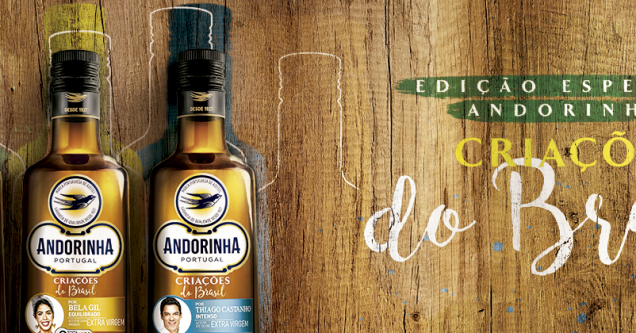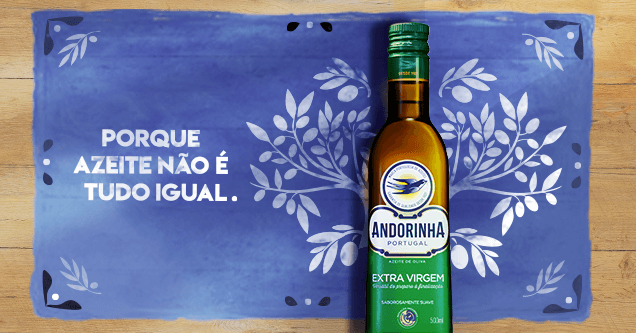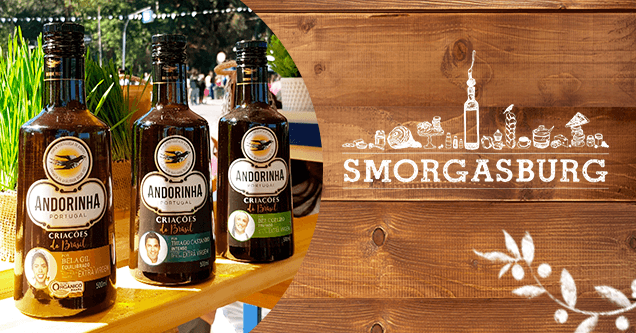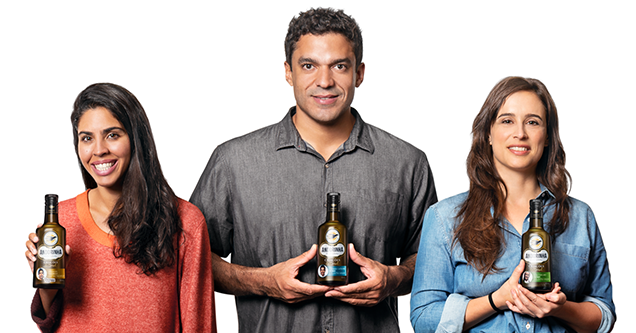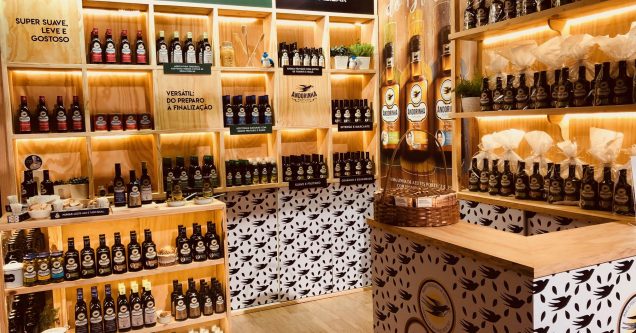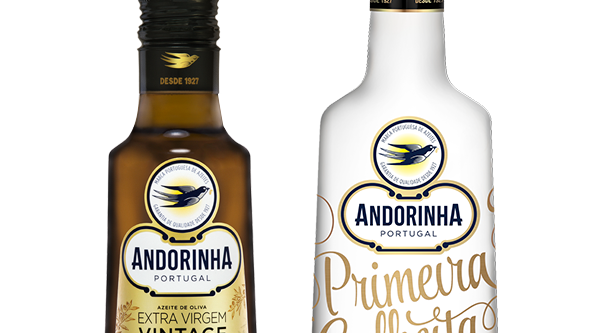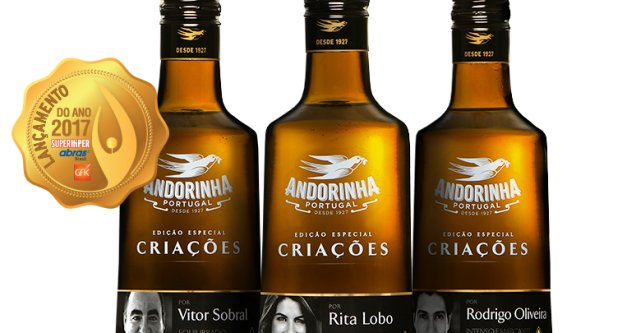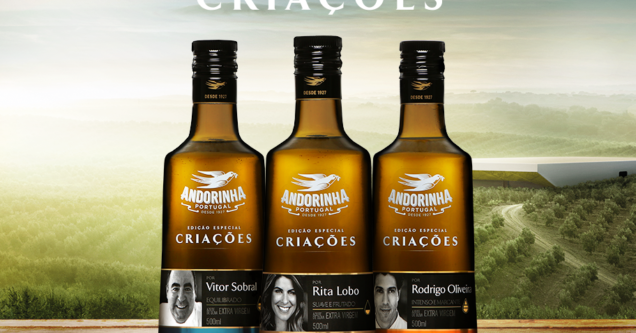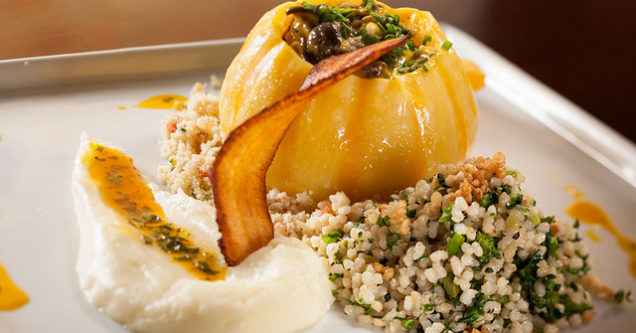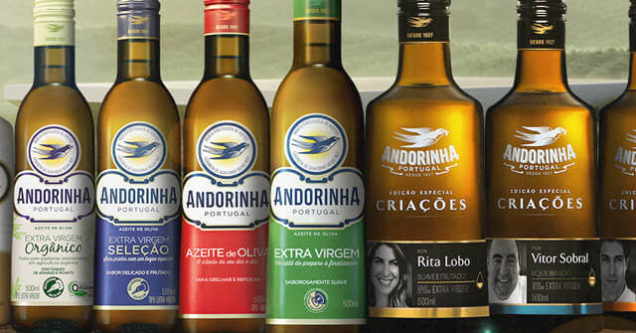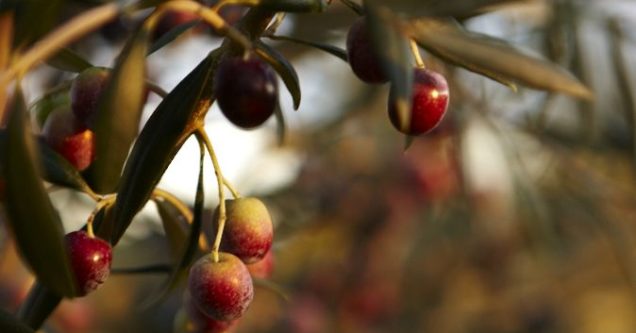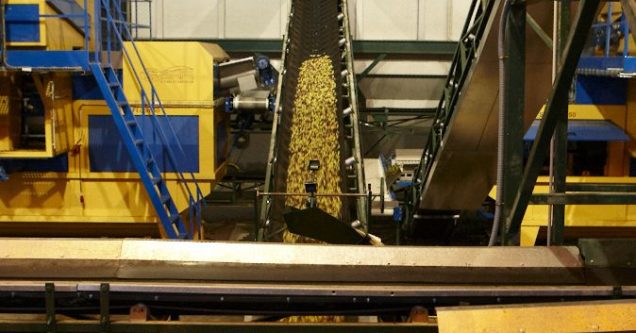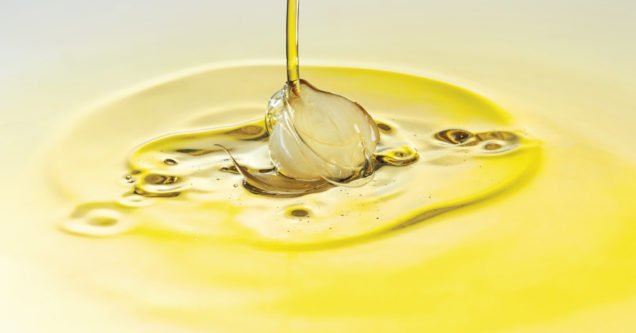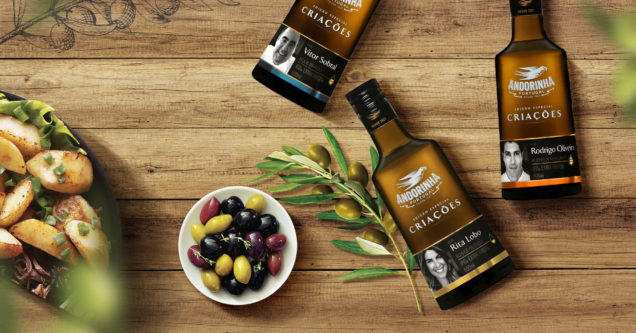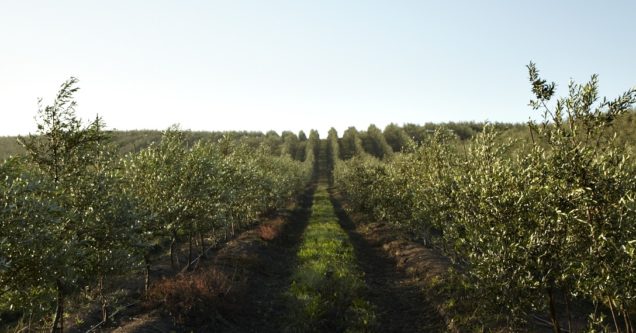IF OLIVE OIL IS HEATED UP, DOES IT BECOME BAD FAT?
A study published in the International Journal of Food Studies evaluating the properties of olive oil by simulating temperatures commonly used in homemade preparations found that olive oil can be considered one of the cooking oils that is most stable in thermal oxidation due to the high content of antioxidants. The study also found that the formation of toxic compounds and free saturated or trans fatty acids did not occur with the heating of olive oil, and yet, the oil kept 80% of its phenolic compounds when heated.
Losses and changes in nutritional composition are thus determined by exposure times and temperatures.
Even so, olive oil can be subjected to high temperatures as it remains stable presents better characteristics compared to other vegetable oils under the same conditions.
Olive oil is a source of antioxidants, vitamin E and good fats. Regular consumption of olive oil also has several health benefits, especially for the cardiovascular health. Therefore, rest assured that despite any potential losses, oil does not lose its quality let alone is dangerous to be consumed when heated! Therefore, rest assured that despite any potential losses, oil does not lose its quality let alone is dangerous to be consumed when heated!
References:
• Nogueira-de-Almeida CA, Ribas Filho D, Melz G, Almeida ACF. Azeite de oliva e suas propriedades em preparações quentes: revisão da literatura. IJNutrology. Ago 2015; 8(2):13-20.
• Santos CSP, Cruz R, Cunha SC e Casal S. Effect of cooking on olive oil quality attributes. Food Research International. 2013; 54(2):2016-2014
• Nogueira-de-Almeida C A, Castro GA, Effects of heat trament by imersion in household conditions on olive oil as compared to other culinary oils: a discriptive study. UFS 2018 Abr; (7):89-99.






